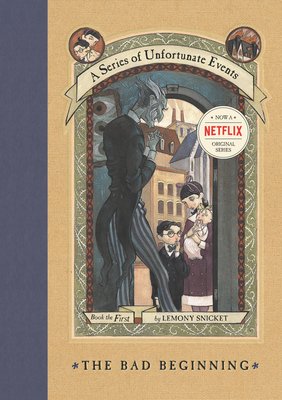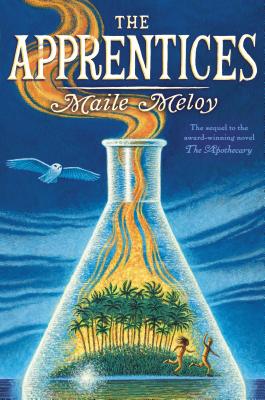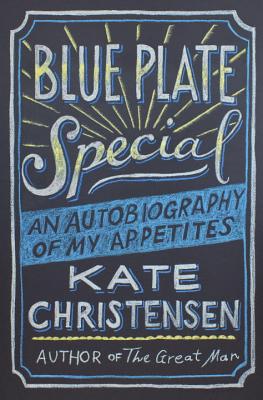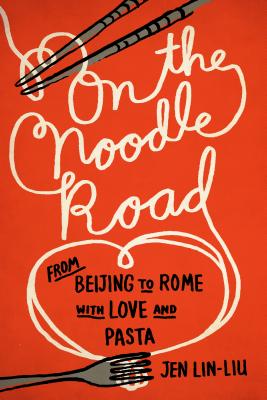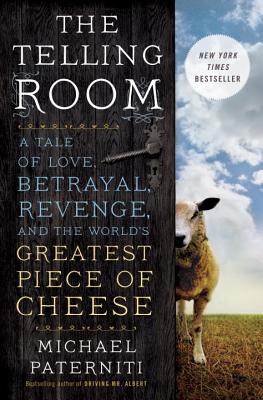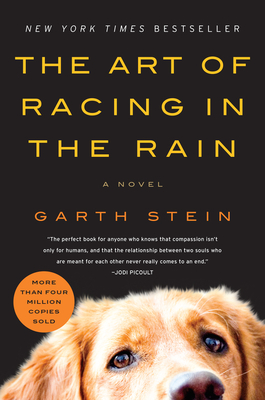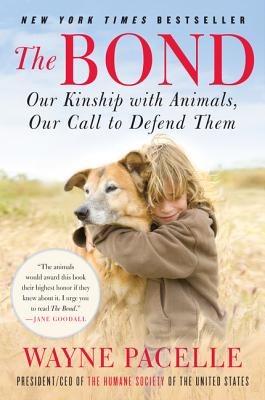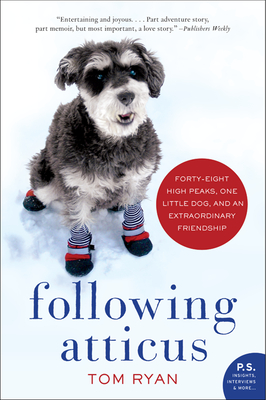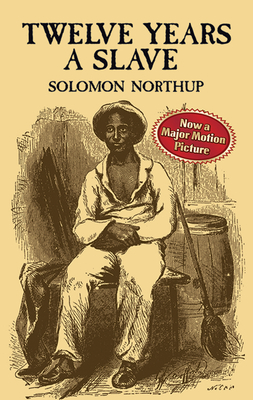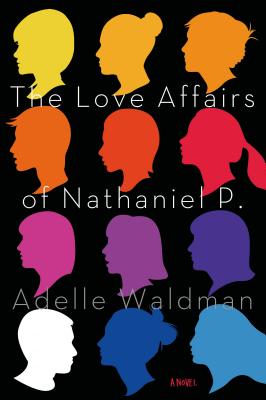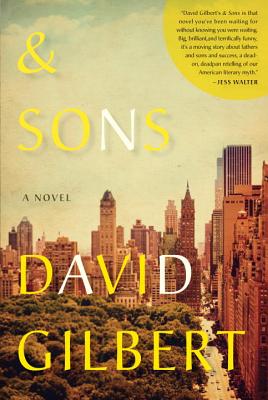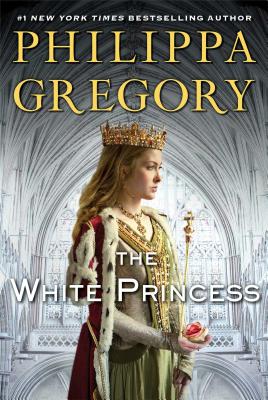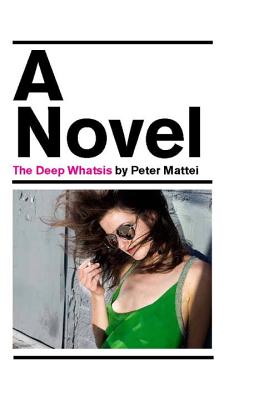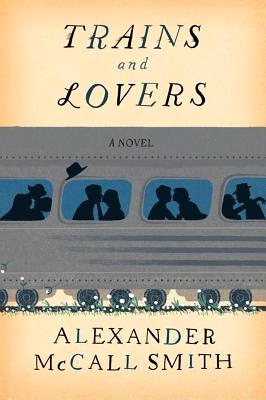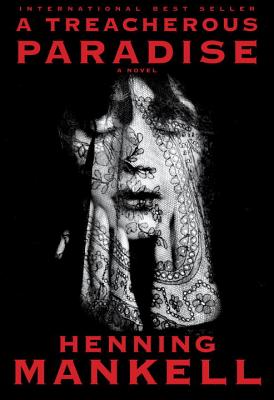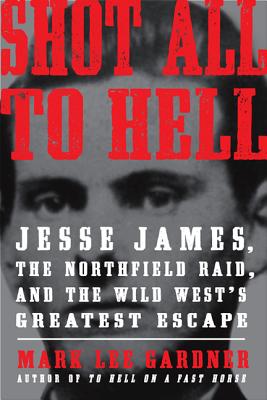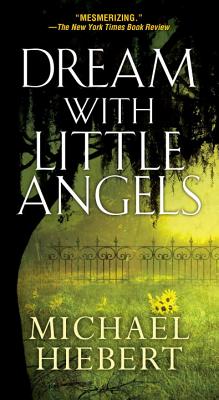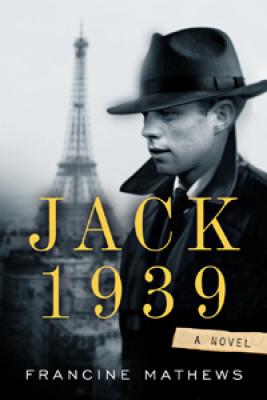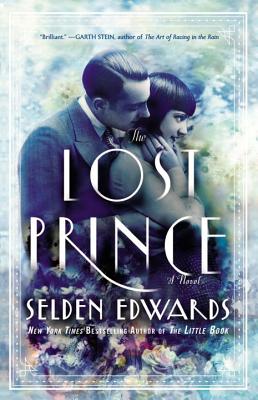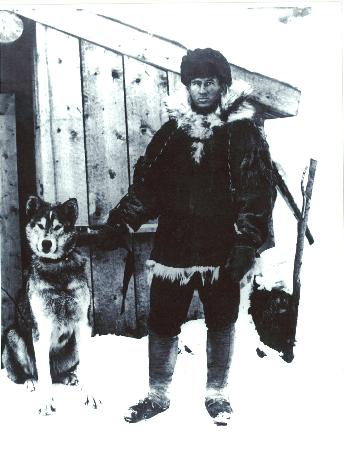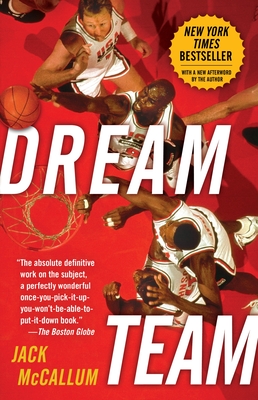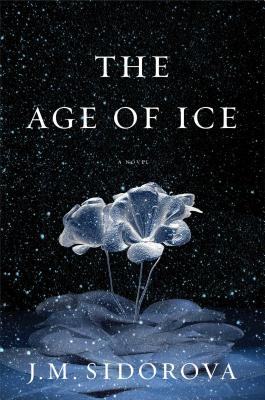Bold, touching, and funny—a debut novel by a brilliant young woman about the coming-of-age of a brilliant young literary man
“He
was not the kind of guy who disappeared after sleeping with a woman—and
certainly not after the condom broke. On the contrary: Nathaniel Piven
was a product of a postfeminist 1980s childhood and politically correct,
1990s college education. He had learned all about male privilege.
Moreover, he was in possession of a functional and frankly rather
clamorous conscience.” – From
The Love Affairs of Nathaniel P.
Nate
Piven is a rising star in Brooklyn’s literary scene. After several lean
and striving years, he has his pick of both magazine assignments and
women: Juliet, the hotshot business reporter; Elisa, his gorgeous
ex-girlfriend, now friend; and Hannah, “almost universally regarded as
nice and smart, or smart and nice,” who is lively fun and holds her own
in conversation with his friends.
In this 21st-century literary
world, wit and conversation are not at all dead. Is romance? Novelist
Adelle Waldman plunges into the psyche of a modern man—who thinks of
himself as beyond superficial judgment, yet constantly struggles with
his own status anxiety, who is drawn to women, yet has a habit of
letting them down. With tough-minded intelligence and wry good humor
The Love Affairs of Nathaniel P.
is an absorbing tale of one young man’s search for happiness—and an
inside look at how he really thinks about women, sex and love.
For years, best friends Sarah and Jennifer kept what they called
the “Never List”: a list of actions to be avoided, for safety’s sake,
at all costs. But one night, against their best instincts, they accept a
cab ride with grave, everlasting consequences. For the next three
years, they are held captive with two other girls in a dungeon-like
cellar by a connoisseur of sadism.
Ten years later, at thirty-one, Sarah is still struggling to
resume a normal life, living as a virtual recluse under a new name,
unable to come to grips with the fact that Jennifer didn’t make it out
of that cellar. Now, her abductor is up for parole and Sarah can no
longer ignore the twisted letters he sends from jail.
Finally, Sarah decides to confront her phobias and the other
survivors—who hold their own deep grudges against her. When she goes on a
cross-country chase that takes her into the perverse world of BDSM,
secret cults, and the arcane study of torture, she begins unraveling a
mystery more horrifying than even she could have imagined.
A shocking, blazingly fast read, Koethi Zan’s debut is a must for fans of Karin Slaughter, Laura Lippman, and S.J. Watson.
The funeral of Charles Henry Topping on Manhattan’s Upper East Side
would have been a minor affair (his two-hundred-word obit in
The New York Times notwithstanding) but for the presence of one particular mourner: the notoriously reclusive author A. N. Dyer, whose novel
Ampersand stands as a classic of American teenage angst. But as Andrew Newbold Dyer delivers the eulogy for his oldest friend,
he
suffers a breakdown over the life he’s led and the people he’s hurt and
the novel that will forever endure as his legacy. He must gather his
three sons for the first time in many years—before it’s too late.
So begins a wild, transformative, heartbreaking week, as witnessed by
Philip Topping, who, like his late father, finds himself caught up in
the swirl of the Dyer family. First there’s son Richard, a struggling
screenwriter and father, returning from self-imposed exile in
California. In the middle lingers Jamie, settled in Brooklyn after his
twenty-year mission of making documentaries about human suffering. And
last is Andy, the half brother whose mysterious birth tore the Dyers
apart seventeen years ago, now in New York on spring break, determined
to lose his virginity before returning to the prestigious New England
boarding school that inspired
Ampersand. But only when the real
purpose of this reunion comes to light do these sons realize just how
much is at stake, not only for their father but for themselves and three
generations of their family.
In this daring feat of fiction,
David Gilbert establishes himself as one of our most original,
entertaining, and insightful authors.
& Sons is that rarest
of treasures: a startlingly imaginative novel about families and how
they define us, and the choices we make when faced with our own
mortality.
Philippa Gregory, #1 New York Times bestselling author and “the
queen of royal fiction” (USA Today), presents the latest Cousins’ War
novel, the remarkable story of Elizabeth of York, daughter of the White
Queen.
When Henry Tudor picks up the crown of England
from the mud of Bosworth field, he knows he must marry the princess of
the enemy house—Elizabeth of York—to unify a country divided by war for
nearly two decades.
But his bride is still in love with
his slain enemy, Richard III—and her mother and half of England dream of
a missing heir, sent into the unknown by the White Queen. While the new
monarchy can win power, it cannot win hearts in an England that plots
for the triumphant return of the House of York.
Henry’s
greatest fear is that somewhere a prince is waiting to invade and
reclaim the throne. When a young man who would be king leads his army
and invades England, Elizabeth has to choose between the new husband she
is coming to love and the boy who claims to be her beloved lost
brother: the rose of York come home at last.






